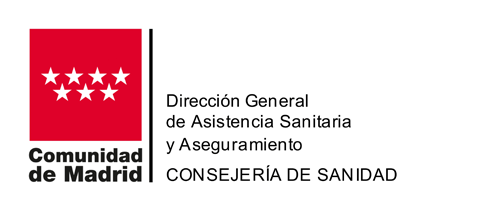Public Sector
Hong Kong, China
The Hospital Authority is a statutory body that oversees 43 hospitals in Hong Kong, China. According to Hong Kong's Centre for Health Protection, which is comparable to the Centers for Disease Control in the United States, the region boasts some of the longest life spans in the world: as of 2023, males have an average life expectancy of 82.5 years, while females live an average of 88.1 years.
The backbone of this extended life expectancy is the treatment of medical patients via the region’s healthcare systems, governed by the Hospital Authority. With over 9 million patient records under management, the Hospital Authority turned to Cloudera Base on premises five years ago to streamline its data storage and manage patient information from the 30 different data source systems it receives.
“Cloudera helps in data management for both structured and unstructured data,” Eric Ho, senior systems manager at Hospital Authority, said. “As one of the most critical infrastructures, we have set up our disaster recovery site in the past few years. We found that Cloudera is a very reliable platform.”
Managing patient records during the COVID-19 pandemic
Having launched its own data warehouse more than 25 years ago, the Hospital Authority noticed in 2020 that it required expanded and streamlined data storage during the height of the COVID-19 pandemic.
The Hospital Authority aimed to tackle the challenge of consolidating more than 30 terabytes of structured data and nearly 100 terabytes of unstructured data, with the critical need for the most current patient information possible. This included using the data to support hospitals within the Hong Kong region by identifying bottlenecks in the management of patient admission and discharge procedures.
Using batch processing, the statutory body can process all patient information from the previous day during nighttime and store it within its data warehouse to be pulled from if physicians, surgeons, or radiology departments need it later.
Building critical infrastructure platforms with Cloudera
According to Ho, the Hospital Authority has built its Hospital Command Center alongside Cloudera. This center can check for the previously mentioned bottlenecks, has portals to manage the patient admission and discharge process, and assists in visualizing individual records.
Following the rollout of the Hospital Command Centre, the access block saw a notable improvement. In the fourth quarter of 2022, approximately 12% of patients experienced A&E admission wait times of four hours or more. By the third quarter of 2024, this figure had been reduced to around 3%.
In addition, the Hospital Authority has employed other use cases thanks to Cloudera, including Smart Patient Listing, which allows clinicians to perform treatments based on specific patient conditions using clinical data collected from different IT systems.
The Hospital Authority has also launched its Antibiotics Stewardship Program to monitor individual patients' antibiotic prescription usage. A new data platform called AIDA (AI and Data Analytics Platform) has been built to support different data-driven business cases and AI model development using data stored on Cloudera.
Building towards the future of medicine
As the Hospital Authority continues to serve its millions of patients annually, it considers the best approach for incorporating real-time patient data over the next few years. It is keen to leverage Cloudera's real-time and streaming capabilities as part of the platform.
Once implemented, the information can be used to develop more real-time dashboards and data-driven business cases. The Hospital Authority plans to train AI models further to identify X-rays and brain CT scans to alert doctors if something is abnormal.
Using patient data in conjunction with AI-generated smart recommendations, the Hospital Authority aims to ensure that the hospitals it oversees can suggest the most effective method of patient treatment and help extend some of the world’s longest lifespans even further.
“Without data, you cannot know how a situation appears in local hospitals,” Ho said. “Nowadays, AI can do it in the clinical process, and AI is an area we are focused on now.”




